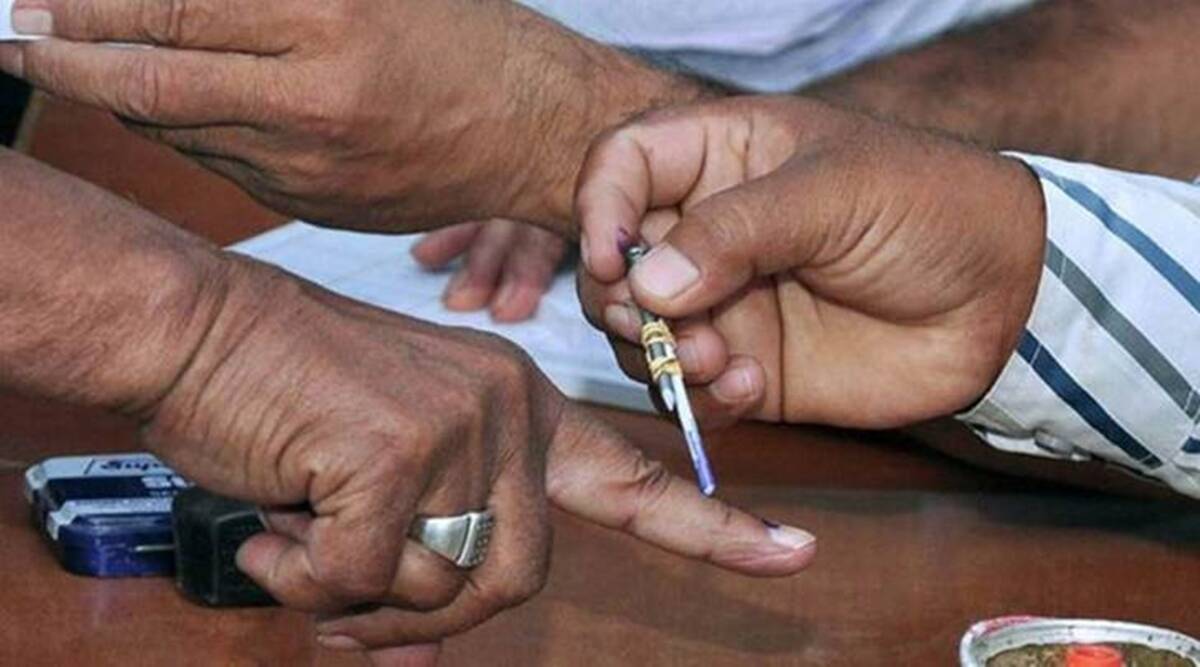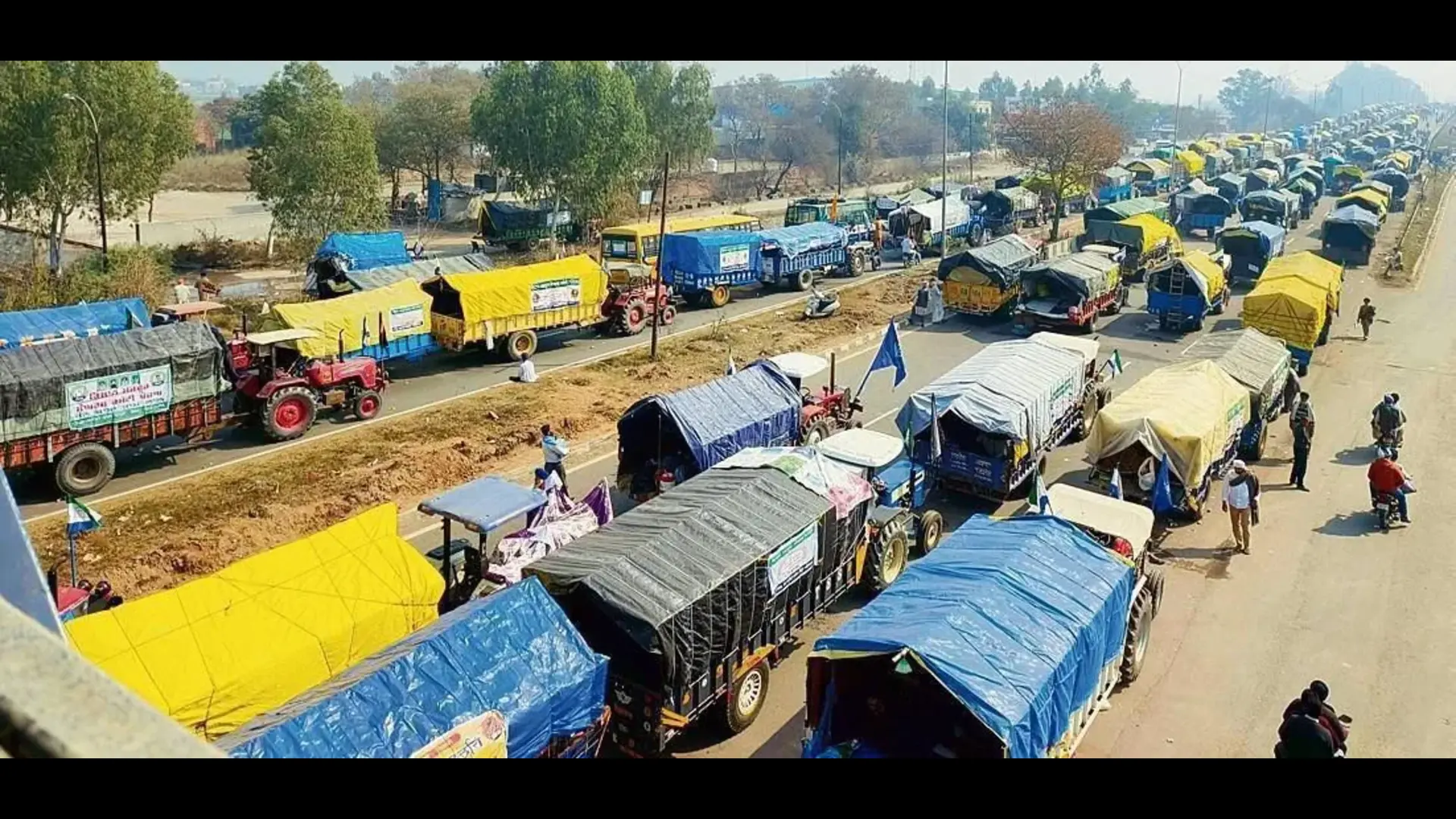Dalits reside in large numbers in every state of India, making their significance pronounced in elections and serving as a central discourse in Indian democracy. It is true that due to the dominance of the OBC reservation issue in the politico-public sphere of India, the discourse around Dalits and tribals has been marginalised but politically they are going to play a crucial role in the ongoing assembly elections in five states.
According to some political analysts, these assembly elections in five states ahead of the parliamentary elections early next year may influence the electoral discourse of 2024 Lok Sabha polls. However, many political analysts opine that 2024 elections will be largely influenced by PM Narendra Modi’s performance and his image, so these state assembly elections may not influence the outcome of parliamentary elections. The column lies in the political positioning of Dalits and their electoral sentiments in the upcoming assembly elections.
In states such as Madhya Pradesh, Rajasthan, Chhattisgarh and Telangana, which are under the process of polling, various Scheduled Castes constitute significant numbers that could translate into crucial electoral votes. In Madhya Pradesh, the Scheduled Caste population is around 17 per cent, which is scattered in various parts of the state in regions like Bundelkhand, Baghel Khand and Gwalior Sambh-Bhind-Muraina regions, where they reside in huge numbers. In the ongoing Madhya Pradesh elections, the Bharatiya Janata Party (BJP),Congress and Bahujan Samaj Party are contesting with each other to acquire a large share of Dalit votes in the state.The BJP mobilisation politics to garner Dalit votes is based on an evolving three-pronged strategy that is ‘to satisfy the existential urge of the community by satisfying their urge of dignity-aspiration and development’.
With various beneficial programmes (Gareeb Kalyan schemes), the BJP is attempting to influence them by boosting their pride through respect for their identity icons, such as Saint Ravidas. Chief Minister Shivraj Singh Chouhan, before the start of assembly elections, declared the construction of a massive temple near Sagar, Madhya Pradesh. He played a crucial role in organising Ravidas-Kumbh recently in Madhya Pradesh. PM Narendra Modi had also laid the foundation stone of Ravidas statue and temple in Baithuma village near Sagar.
The Congress on the other hand is also trying to evolve its electoral narrative by highlighting their ’deprived’ condition and making lots of promises to empower them if it comes to power. The Congress is also trying to touch the issue of their dignity and pride by linking Congress philosophy and politics with the message of Saint Ravidas. In this state assembly election, Kamal Nath, the face of the Congress in the state, organised a public rally in Gwalior Sambhag. He endeavoured to connect the teachings of Ravidas with Rahul Gandhi’s leadership during the Bharat Jodo Yatra.
Bahujan Samaj Party (BSP) has also a stronghold among the Dalit-dominant regions of Madhya Pradesh. It is because of two reasons — firstly, BSP has been quite active in these regions since 1990s. Kanshi Ram, the founder of BSP, travelled to these regions many times. Mayawati also keeps herself closely connected with the Dalit leaders in this part of Madhya Pradesh. Most of these regions are border regions of Madhya Pradesh, so Dalit-Bahujan politics of Uttar Pradesh also keeps influencing Dalit mobilisation of these regions.Hence, both the main contesting political parties for power in Madhya Pradesh may have to contest strongly with BSP to bring Dalit voters to their fold.
Similarly, in Rajasthan, the SC population is around 17.84 per cent. The 34 assembly constituencies of the state are Dalit-dominated. Dalit voters in this state are divided among two national parties — Congress and BJP. The BSP also has a visible presence in some of the regions of Madhya Pradesh. The Congress contained more Dalit-dominated seats than the BJP during the last assembly elections. The party under the leadership of Ashok Gehlot is trying hard to maintain its similar position during assembly elections 2023, but the BJP is trying hard to mobilise Dalits in its favour by launching various mass movements against Dalit atrocities and their everyday suffering in the state for the last five years. However, BSP is facing a credibility crisis but still has a dominant presence among Dalits in certain zones of Rajasthan. It remains to be seen who will succeed in convincing Dalit voters to support them in the upcoming elections.
In Telangana, Dalit voters are very crucial in acquiring victory in elections. The state contains 17.53 per cent Dalit population organised into 1.83 million families. There are two dominant communities of Dalits contesting for political visibility in the state — Malla and Madiga. CM K. Chandrashekar Rao and his party are trying to mobilise the Dalit masses in his favour by telling the success of his support schemes which he implemented during his rule and by pushing the demand for the increase in all India reservation slab for SCs. However, the Congress which had traditionally a stronghold in the Mallas community is trying hard to regain it. On the other hand, the BJP is working to mobilise the Madiga community in its favour. The Madiga is comparatively more disadvantageous group in the state in asserting its political space. The BJP is trying to mobilise them by ensuring their dignity and developmental empowerment.
The election process in these states is currently on. It remains to be seen who the Dalit voters will prefer for governance. Whose promise to provide dignity, identity and development to Dalits is going to be received and trusted by the Dalit population at the grassroots level.
Badri Narayan is Professor in the Centre for the Study of Discrimination and Exclusion at the School of Social Sciences, Jawaharlal Nehru University, New Delhi.






